Destroyer War Badge, by Sohni, Heubach & Co.
CATEGORY: Version
SKU: 01.GTR.0906.101.12.000
Estimated market value:
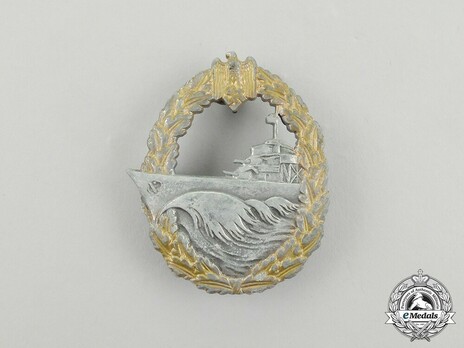
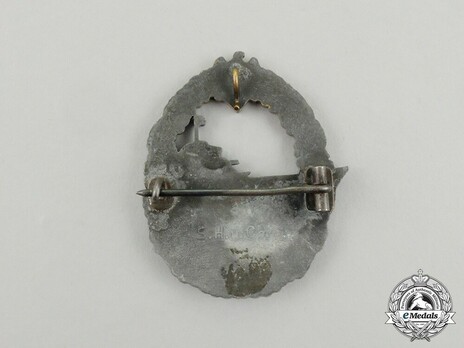
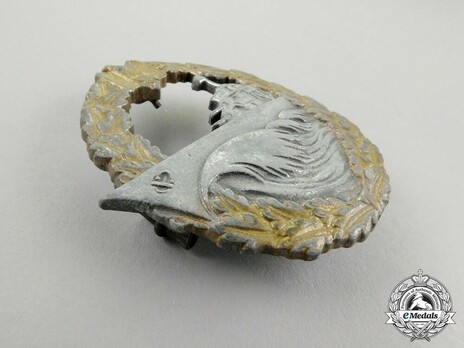
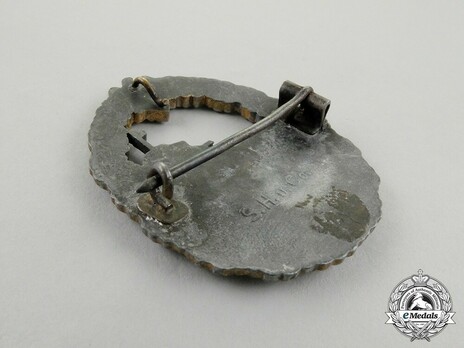
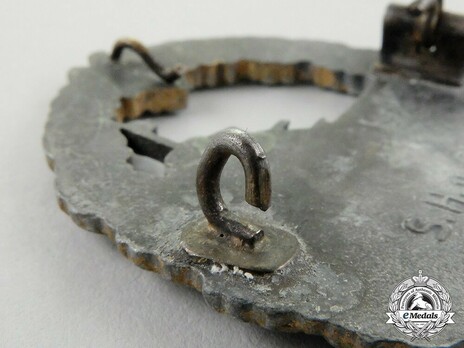
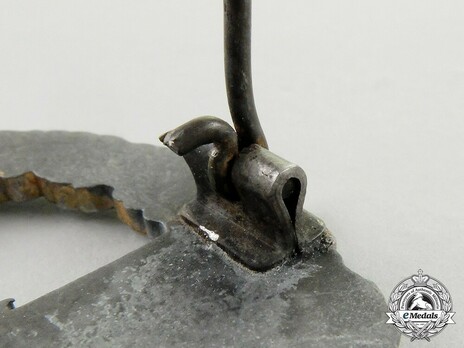
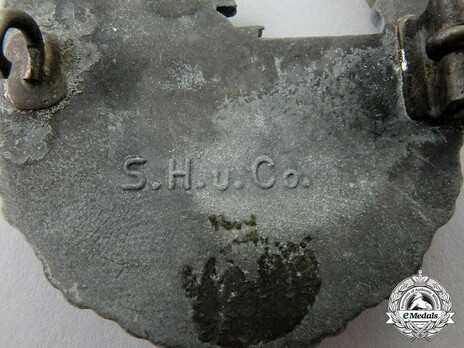
Estimated market value:
A mid-war example of a “Zerstörerkriegsabzeichen”; gilded and silvered zink oval laurel wreath, with a national eagle perched on the top of the badge clutching a swastika, and a side-view of a destroyer cutting through a wave, with the bow of the ship extending over the wreath; plain reverse, with a center catch for stabilization and a horizontal needle style pinback with a sheet metal hinge and a round wire catch; maker marked “S.H. & Co.” for “Sohni Heubach & Co.” on the reverse; measuring 52.92 mm x 44.51 mm; weighing 23.9 grams; with the original gilt and silver finish well preserved, but with scattered loss due to age and wear; overall in better than very fine condition.
The Destroyer War Badge was instituted by Grand Admiral Erich Raeder on June 4, 1940, and was conferred in recognition of the service rendered by the crew members of destroyers, torpedo boats, and fast attack crafts. It was also meant to commemorate the lost men and ships of the Battle of Narvik, sunk by the British during the German conquering of Norway.
In order to be eligible for the award, an individual had to either participate in three engagements with enemy forces, or serve in twelve missions during which the enemy was not encountered. The badge could be awarded if a single engagement was very successful, or an individual had been wounded or had served on a ship that was sunk by the enemy. The badge was conferred upon all destroyer crews who participated in the Battle of Narvik.
The badge was designed by Paul Casberg in Berlin. The wreath and eagle is gilded, while the destroyer and the waves are silvered. Badges can have the hardware arranged vertically or horizontally.
Badges by Sohni, Heubach & Co. are marked “S. H. u. Co.”. Badges are made of zinc.
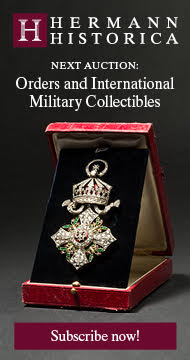
Comments
Sign in to comment and reply.
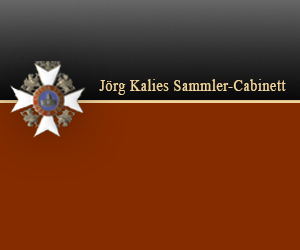

Scroll Top